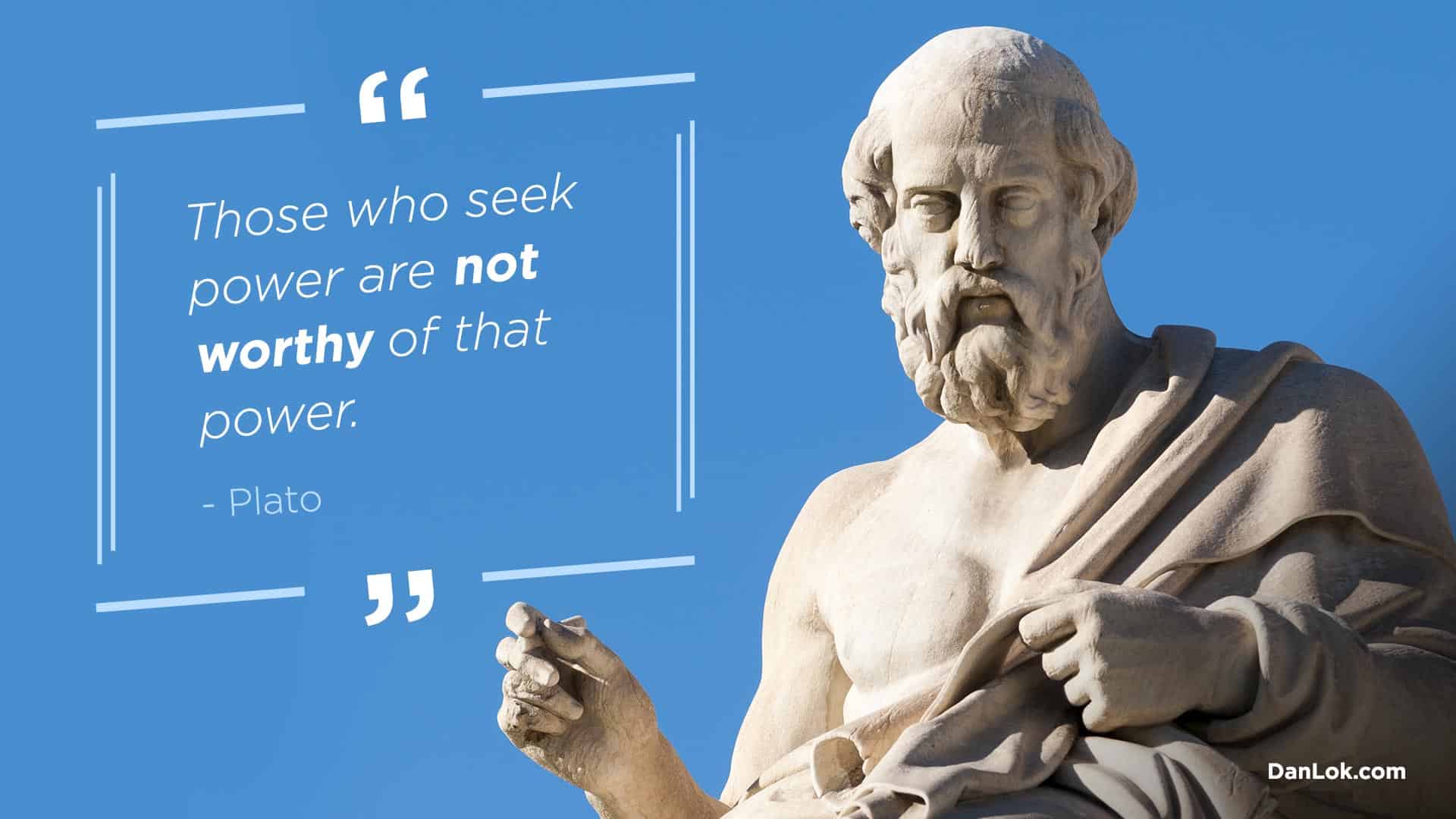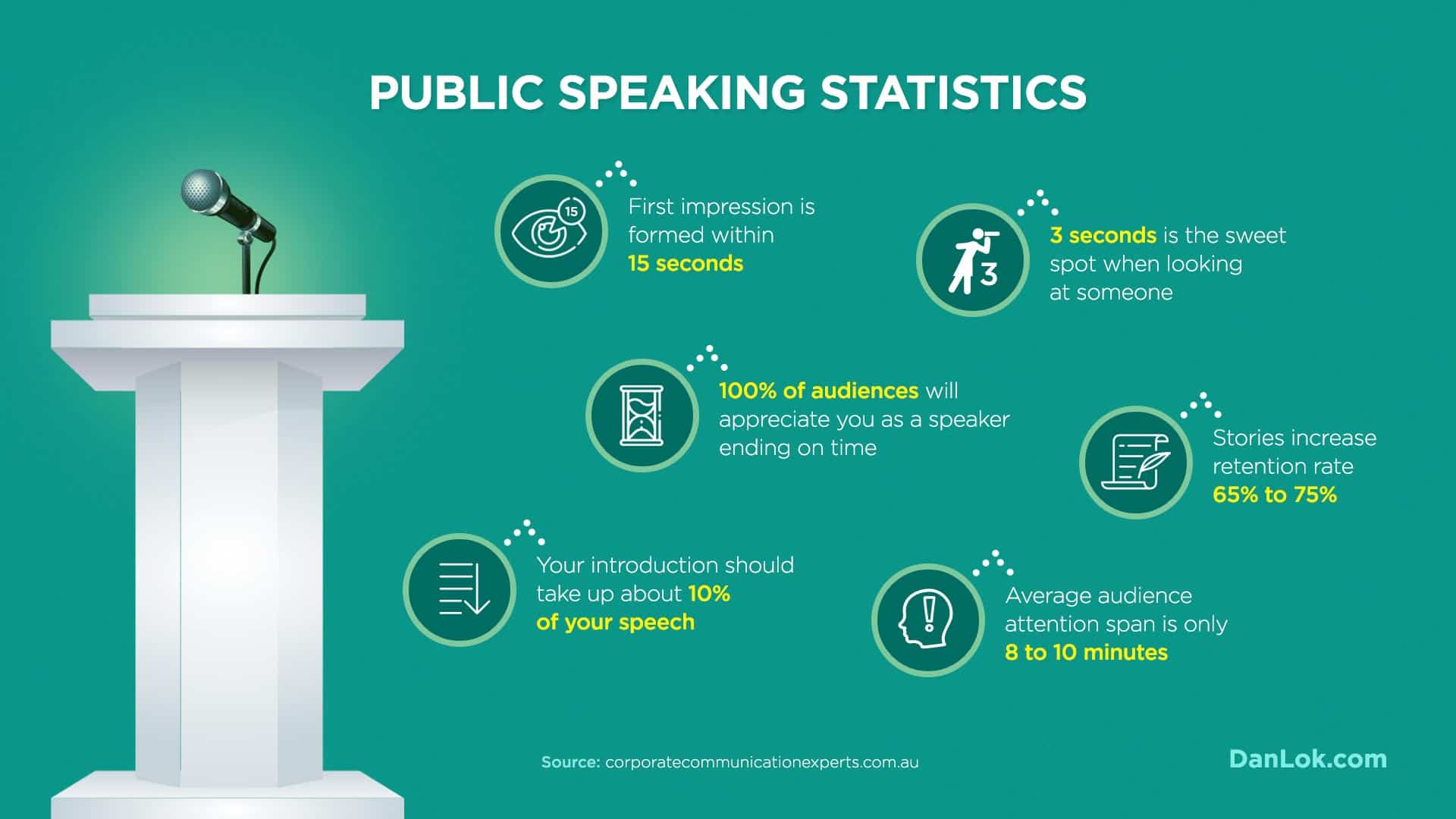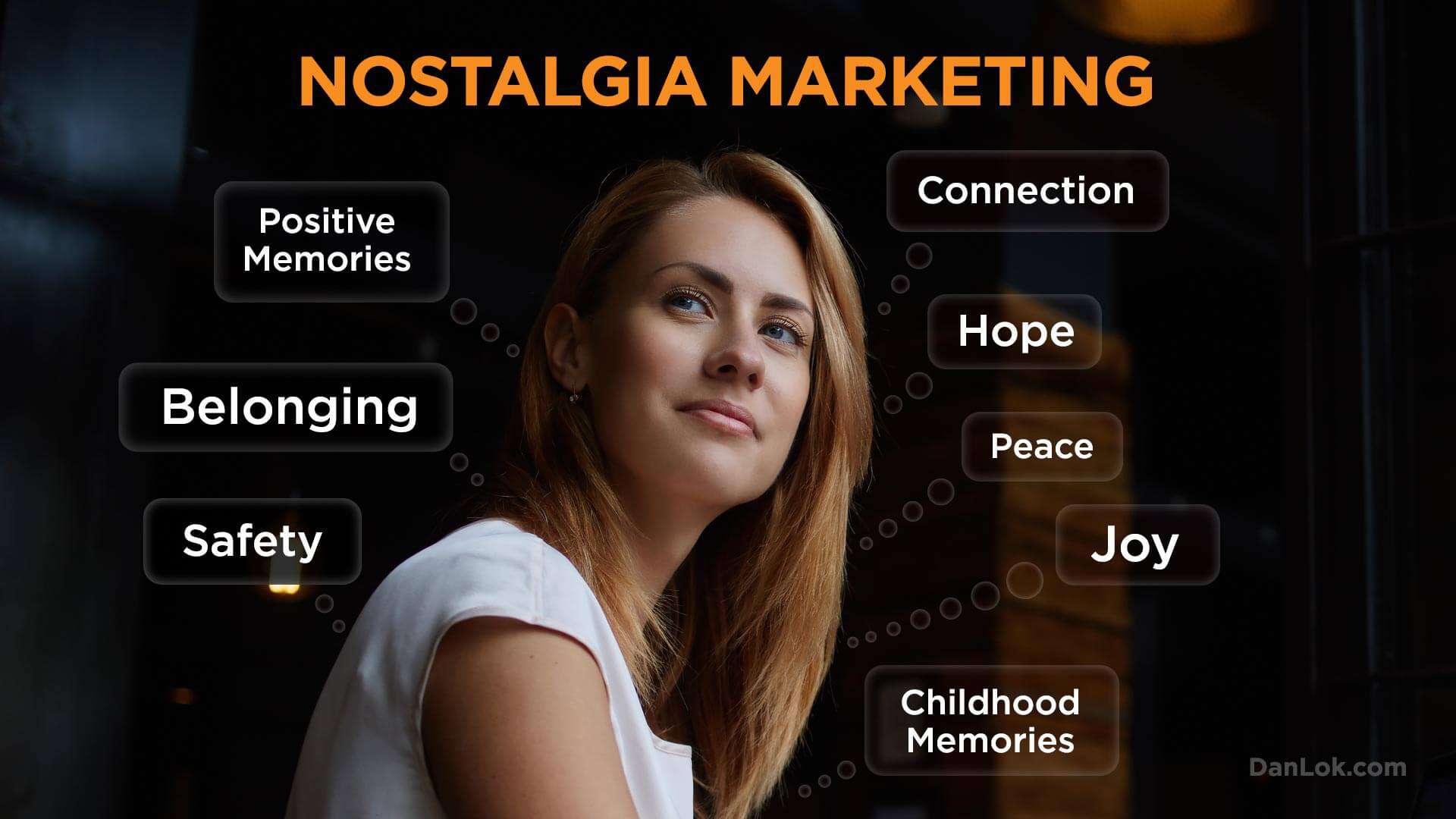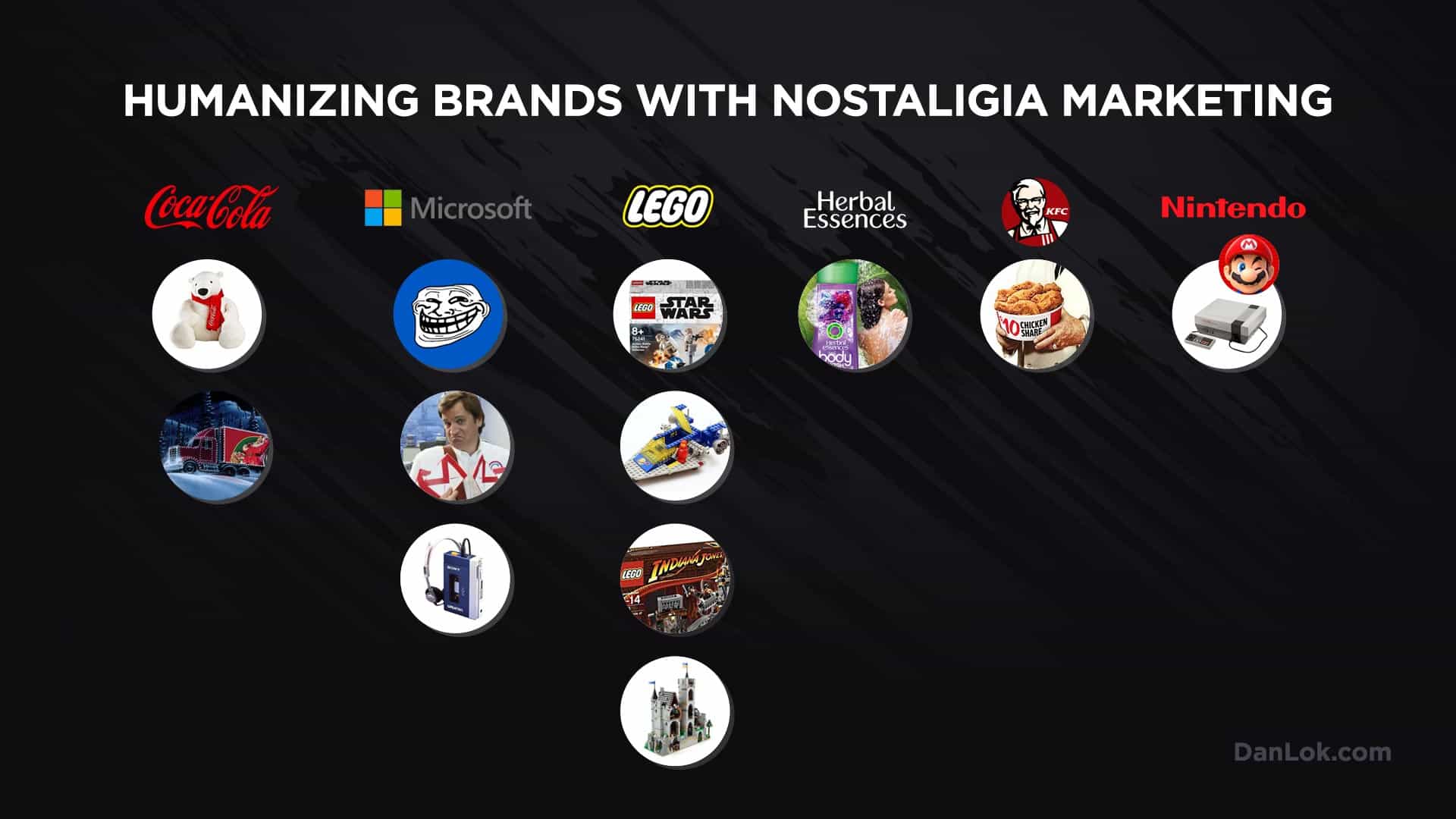How do you become a billionaire? My mentor, Dan Peña, known as The Trillion Dollar Man, tells us to stop blaming family, economics, and circumstances. If you want to become a billionaire, Dan Pena says it’s easier now than 50 years ago, but our snowflake generation must do the one thing that prevents success.
By snowflake, we’re not talking about the stuff that falls from the sky and melts in your hand in the winter. What we’re talking about is mental toughness. To give you some perspective, Dan Peña was the kid at school who got beat up… and who beat other people up. That molded him into the high achiever he is today… which the missing trait from most people.
Now, as a high performance coach who can take a mentee’s income from seven figures to eleven, he’ll cut straight to the point with brutal honesty about why you’re not successful, and he won’t hold back from calling you names. It’s how he shows tough love, believe it or not.
Dan once told fans at a show, “If I leave here with anybody liking me, I’ve failed.” He truly believes in helping people, and he’ll drag you across the finish line. He believes you have the potential to be a millionaire or a billionaire. But he won’t be your friend.
It was my deep respect for him when I was a young kid in my twenties that motivated me to seek him out as my mentor, to take my business to the next level. When you choose someone to be your mentor, you want someone much more successful than yourself.
He was high-performance, but he believes most people these days are not high-performance. It’s why they fall short of their own expectations, and why he overcame a violent and tough past to become a highly sought after mentor.
I’ve only had three mentors in my whole life, and he’s only the second, because I’m very selective about who I choose as mentors. However, asking him to become my mentor wasn’t easy.
Who Is Dan Peña?
Dan Pena wasn’t someone you could just call up, book an appointment, and pay to coach you about business. He was the recipient of many awards. The Теllу Аwаrdѕ, Јоhn Rеgаn Аwаrd, Маn оf thе Yеаr Аwаrd and Іnѕріrаtіоnаl Lеаdеrѕhір Аwаrd.
He has names like “The Trillion Dollar Man”. Many people wonder about his net worth.
What Is Dan Pena Worth?
It’s believed he’s worth a trillion because of his business ventures, position as CEO of various corporations, book sales, and the Quantum Leap Advantage coaching program that creates billions of dollars in revenue for his mentees. Many say his Trillion Dollar name is from the Trillion dollar value he gives to his mentees.
Learning from Dan Pena is not the usual experience where you go to training at a hotel or conference centre. He lives in, and teaches his mentees in a 15th century castle, called Guthrie Castle.
He was the founder and CEO of various companies including Great Western Resources Inc and Guthrie Group, named after the castle. Before that, he worked in real estate, and before that, he was in the military to reset the disastrous path he was on in his youth.
The Reason For Dan Pena’s High-Performance
He grew up with a father who set the bar low, and just wanted his son to stay alive. Dan exceeded those expectations, but in a different way. He threatened to kill a teacher and was expelled not just from the school, but from the entire school district.
Over the years, he was the one being beaten up and beating up others. He ended up in jail five times before he finally changed the direction of his life and served in the US Army before going to college.
When you compare these two phases of his life, you wouldn’t have expected a ex-jailbird to become a mentor of billionaires. His past shaped him as a person and hardened him to set a high bar for performance. And if you challenge him, expect an answer like a battle cry.
Dan Pena doesn’t know what fear is. The discipline he learned in the military, and his experience in real estate and business became the foundation for the Quantum Leap Advantage.
It’s a methodology to teach people to develop that level of toughness that creates massive profits. His mentees include Brian Rose of London Real and dating coach Jason Capital, who describe their QLA experience as “shock and awe” and “brutal”.
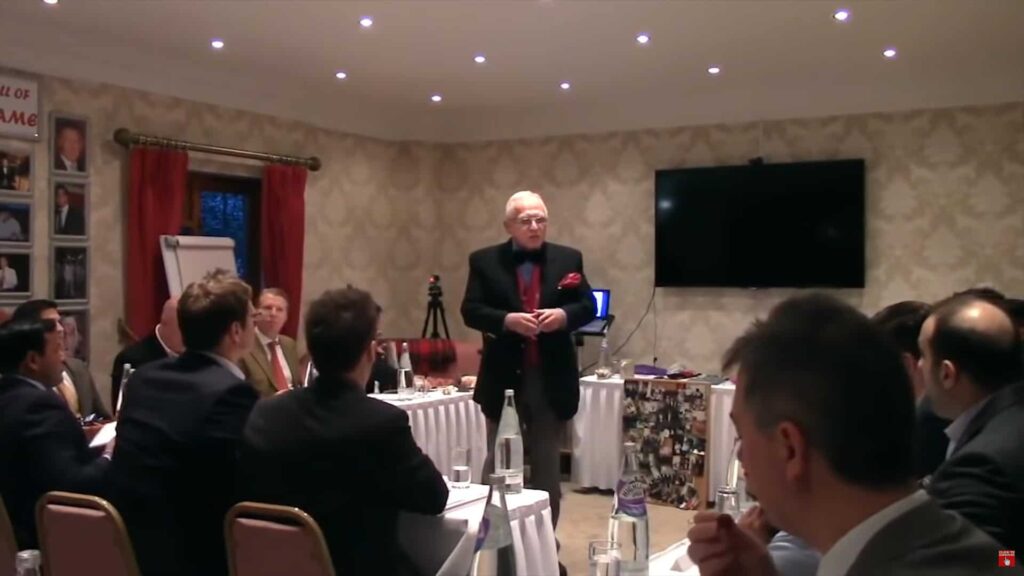
The Quantum Leap Advantage (QLA)
The Quantum Leap Advantage (QLA) is a system to increase wealth that is for everyone and also not for everyone. What does this mean, and what do you learn in the QLA exactly? It’s been called the “week long extravaganza” at Guthrie Castle, and people who have taken the seminar have grown from 7 to 11 figures in their business.
What Is The QLA?
The system is about geometrically growing your wealth, starting with no money. Dan Peña developed this proven formula that has 40 years of success. Since 1993, Dan has coached and mentored thousands and created multi-millionaires.
The QLA is not for everyone in the sense that not everyone can afford the price tag to learn from Dan Pena in person. But it’s also a system open to anyone who wants to learn – all the video presentations from the seminar are available free and online.
So what’s the catch? If you can watch episodes of the Quantum Leap Advantage (QLA) seminars at Guthrie Castle and read information about the seminar on his website for free, why aren’t most of us billionaires already?
First, to be successful, you need to change your expectations, realign your goals and redefine your comfort zone. Not everyone likes to stare into the abyss and face their darkest fears about themselves. Not everyone wants to get uncomfortable and change old habits, even if those changes will raise them to a whole new income level.
Second, they need to empty their cup and commit to learning a new way of thinking. The QLA, the one you find on Dan’s website, showcases several audio and video presentations. The issues that Dan addresses in these seminars are the most critical issues in the business community.
Some of the topics covered in Dan’s QLA are the myths, lies and misinformation fed to us for years from success gurus; the importance of hanging out with like-minded people who are also high-performance; and how you can maintain a laser-beam like focus. He also talks about high self-esteem and its role in how much wealth you accumulate.
What Are The QLA Steps To Success?
To achieve success, there are seven steps to follow:
The QLA methodology (7 Steps to Super Success)
- Creating your personal foundation for success
- Clarify your vision – are you crystal clear?
- Building the perception – perception is reality
- Creating your dream team in business and life
- Your quantum leap action plan
- Pay yourself
- Creating your exit strategy
Third, people who really do want to change their lives and reach a new income level, will. Dan’s business advice about how to dominate your industry, and create winning leverage and massive profits, show his mentees how to set up their business to achieve the results they need.
Dan Pena’s own story is proof that what he teaches can be achieved. He started the company Great Western Resources Inc with $820, a phone, and a leased fax machine in the spare bedroom of his home. In eight years, he turned it into a $450,000,000 empire ($1,000,000,000 in today’s dollars).
This level of success was why I wanted Dan Pena as my mentor, but he didn’t want me as his mentee. Not at first. I called his receptionist on a daily basis, not giving up, until she knew me by my voice… and until Dan finally agreed to meet with me.

My QLA Experience At Guthrie Castle
It was 2003 when Dan Peña said “No” to mentoring me. But I was persistent, calling his office daily until he finally agreed to meet with me in L.A. and have breakfast there. That was the beginning of my transformation.
I wasn’t the TEDx speaker in the trademark red suit back then. At the time, I was a young kid with glasses, wearing an oversized, cheap suit. Dan met with me for two hours, asking me many questions as if I were the VIP because I was doing most of the talking. Then I gave him a gift that he has treasured for 15 years.
It was symbolic. The frog on a stone was a symbol from QLA training meaning that you have to kiss a lot of frogs before you find your prince. It’s an allusion to the fairytale, The Frog Prince, about a princess’s kiss transforming a frog into a prince. My life was transformed from my experience at Guthrie Castle.
The QLA Seminar At Guthrie Castle
Dan Pena’s QLA seminar was not like the motivational, business, or marketing seminars that I had attended in the past. None of those came close to my week-long “Castle Experience”. I called it the Quantum Leap in my personal and business life.
To start with, I felt very uncomfortable in that environment. At the time, I was still sharing a one-bedroom apartment with my mom in Canada. I could barely afford the price tag for the flight to the castle and the training. But I could see how the environment was crucial for the transformation to occur.
When you are at the castle, you are surrounded by wealth triggers. There were antiques. Crystal glasses. Large, beautifully furnished rooms. When you are surrounded by wealth, it triggers wealth. And that’s what made me uncomfortable.
I wasn’t used to living in such extravagance. But it was there that I learned many valuable lessons, including why some people who study the QLA don’t become billionaires. It depends on each person’s desire to achieve what they want.
I used to think I was working hard by putting in 10 to 14 hour days, but I realized after QLA that I wasn’t. After a seminar day that ended at around 6 or 7 pm, I found my mentor working in his office. He told me, kids these days aren’t high-performance. “Kids can’t even spell high performance.”
One of the reasons the “kids” in the current generation (at 71, Dan Pena is old enough to be a father or grandfather to most people), won’t become millionaires or billionaires is they aren’t raised the way they used to be.

The Snowflake Generation
Dan Peña says that we have a snowflake generation, and he isn’t referring to how every snowflake is unique. It means the new generation melts under pressure.
They aren’t used to being held accountable. In fact, they now have “safe spaces” where they can go to chill out if they are feeling stressed. This high degree of protection won’t help them to become stronger when under stress.
Lacking High Performance
They don’t realize that the more you suffer, the more stress, and the more stress, the more success. Nothing great is ever achieved with little effort.
We have changed from Dan’s generation. For example, in a soccer game for kids today, there are no winners. It’s about participation in sports. But that’s not realistic. When you have a job at a car dealership or at a bank, you don’t get rewarded just for showing up.
The problem is, the parents of these kids weren’t conditioned for high-performance, and now we have a generation of people who are also not trained for high-performance. The exception would be kids of world class, gold medalist athletes, or children of parents from a military background.
A snowflake is a kid that melts under pressure, not because they lack education. They lack leadership. Dan Pena remembers being shut into a closet when he misbehaved, and he was left there until the school day was over. He doesn’t regret the experience. He says it made him tougher.
The Snowflake Test
If you’re wondering if you’re a snowflake, there is a snowflake test on Dan Pena’s website. The original snowflake test asks questions such as
- Outside of standard benefits, what benefits should a company offer employees?
- What should the national minimum wage be?
- How often should employees get raises?
- How do you feel about guns?
- When was the last time you cried and why?
- What are your feelings about safe spaces in challenging work environments?
Some of these questions are meant to make you uncomfortable. Dan Pena was never uncomfortable with making people uncomfortable. He once said, “If you like me at the end of this talk, then I did something wrong. Love is great, but I don’t need it. Respect will do.”
He is a firm believer in the saying, “What gets measured gets accomplished.” If we’re uncomfortable with change, if we melt under stress, we won’t be able to set goals and accomplish them.
Also, we must set our goals higher than our goals. If our goal is to become a millionaire, then we’ll never become millionaires. If our goal is to become billionaires, we will never become billionaires, and next, I’ll explain why.

Making Your First 100 Million
We only change for two reasons. Desperation or inspiration. If we want to be high performance, then we must have high self-esteem. High self-esteem will get you to your first million if your goal is to make 100 million. Self-esteem will get you to your first 100 million if your end goal is to make a billion.
Books On Entrepreneurship
Here’s why. Many people teach you how to become a successful entrepreneur. You’ll find books in bookstores about the mechanics of starting and selling a business. You’ll even find books about the drier aspects of a business, such as tax issues, business plans, and writing letters of intent. Good “how-to” information that’s also useful if you’re having trouble falling asleep.
Dan Peña wrote Your First 100 Million because he noticed when he was teaching the Quantum Leap Advantage seminars that key points were missing in most books that teach you how to grow your wealth.
Quantum Leap Advantage
None of these other books teach you how to prepare your mind for becoming super successful. They don’t teach you how to adjust your perspective “just slightly” to make the Quantum Leap to make millions of dollars over and over again.
If you want to make your first 100 million, you need to make some sacrifices. The price for super success means long hours, waking up early, not spending time with friends and family, missing their birthdays, and taking risks because you’re willing to aim for bigger goals.
A high performance person is prepared to deal with failure and the lessons that come with it. They can’t anticipate everything that will happen, and if they think they can, then they won’t be. The best plans don’t follow a script.
Dan Pena says that, “The truly successful high performer understands that the strategies and skills which he marshaled to generate the first Quantum Leap can be called upon to repeat that success over and over. That’s why he doesn’t hang onto this first venture like some sort of corporate teddy bear. He is secure enough in his abilities to build it up,then sell it off for a bundle. And start the process over again.”
Watch this video on making your first billion.
How To Make A Billion Dollars
What’s the difference between making a million dollars and making a billion dollars? When you’re thinking about becoming a millionaire, you’re focused on the dollar amount. You will never succeed beyond your highest expectations.
Parents want their kids to be better than them. If they are one level above poverty, that means their kids will be two levels above poverty. If they want their kids to be millionaires, then the kids must desire to become multi-millionaires. Dan says he now seen teenagers who have studied the QLA methodology who are now millionaires flying around in jet planes.
Becoming a millionaire is a high possibility, even for teens. But how do you become a billionaire? Statistics show that there are over 2000 billionaires in the world today, with self-made billionaires making up 67 percent of them. There are now more billionaires than at any time in history.
One billion dollars is a significant number. People have asked, if you have that much money, what can you buy for a billion dollars?
You can buy the L.A. Lakers or the Chicago Cubs if you like sports. Or, if you like cars, you can get a 1963 Ferrari GTO and still have a bit left over. And if you like to travel, you can buy the Solomon Islands, or a round trip to the moon.
I once asked my mentor why some people take QLA and see tremendous results and others don’t improve. I’ve seen this happen with my own mentees. Dan Peña says the answer is implementation. If you don’t implement what you learn, if you don’t take action, you won’t become a millionaire… or a billionaire.
So if you want to make a billion dollars, the main difference to go from millionaire to billionaire is to be passionate about what you do.
Dan Pena says, “Find something that you love. Find something that can change a billion lives… you make a billion lives better…and the odds have become geometrically better for you to become a billionaire.”
Final Thoughts on Dan Peña’s Advice On How To Become A Billionaire
Dan Pena is an accomplished high-performance business coach who has moved his mentees from 7 to 11 figures in their businesses. His tough upbringing and time in the U.S. Army gave him the discipline to reach billionaire status.
The Quantum Leap Advantage (QLA) is a business system that he developed from his own business experience. Unlike other methodology, it also teaches you the mindset and focus you need for a high level of success.
The Snowflake Generation is the new generation of people who melt under pressure. They weren’t brought up with expectations of high performance and they can’t handle stress.
Making Your First 100 Million teaches you about the price for success and is based on the seminars from QLA.
How To Make A Billion Dollars is a question many ask themselves because it is easier now than 50 years ago to become a billionaire. The goal is achievable if you set your goal higher than your goal, and you are passionate about helping billions of people.
Photo credits: Photo / CC BY-SA 4.0


